Tech war: The US's mimicking of Chinese policies is fundamentally flawed
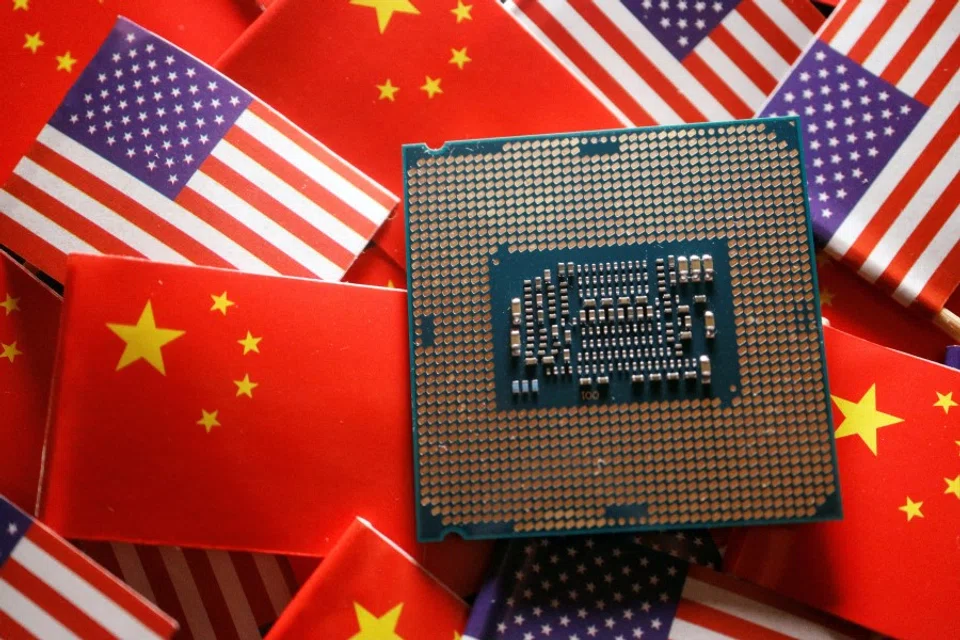
It is popular to interpret the new turn of a hostile relationship between the US and China in terms of a conflict between superpowers - one dominant superpower that wishes to maintain its edge in advanced technologies and another emerging superpower with its ambition to become dominant in the future. Other observers have applied Graham T. Alison's concept of the Thucydides Trap to argue that the conflict is destined to trap the two superpowers in a future war.
What started chiefly as a US-China trade war under the Trump administration (2017-2021) has now entered a phase of full-fledged US-China tech war under the Biden administration. This new phase includes a range of US-led export restrictions for the transfer to China of advanced technologies such as semiconductors to China - recently with an amusing spy balloon saga added for entertainment.
What is going on? It looks increasingly like the US government is now introducing precisely the policies that they hated about China's actions in the past.
The 'national security' argument
To learn more about the reasons the US has offered for initiating a technology war on China, we can turn to the statements offered by the Biden administration's national security adviser Jake Sullivan. As befits an official with that title, Sullivan has incessantly emphasised the "national security" argument, although what actually defines national security is kept vague - or flexible: often associated with activities that could be associated with military threats, but equally often constituting any threat to US economic competitiveness. At a recent hearing by the House Select Committee on the Chinese Communist Party, for instance, US Representative Dusty M. Johnson argued that US food security is a national security issue that China seeks to challenge.
The use of this term also serves to help the US avoid legally breaching World Trade Organization (WTO) regulations for free trade and trade restrictions... by reference to GATT Article XXI, the so-called "national security exception".
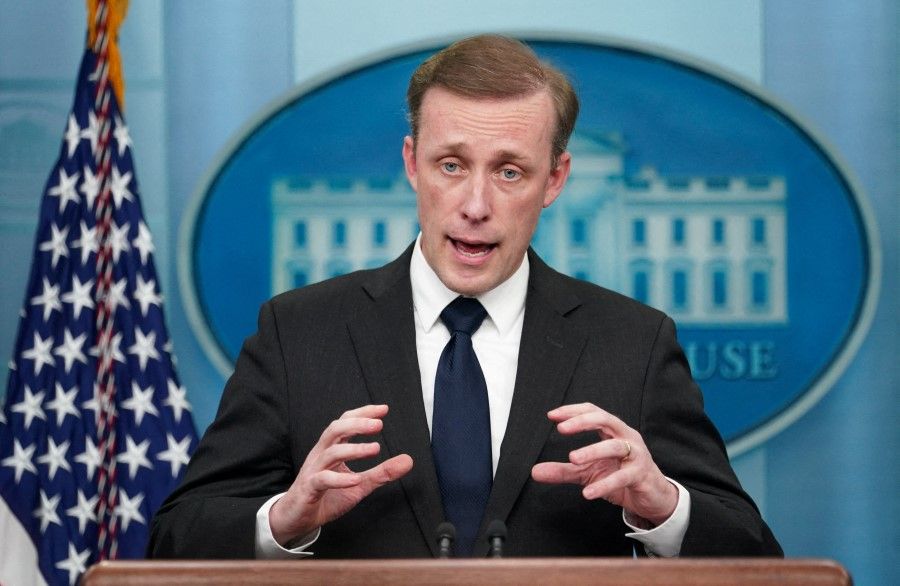
In September 2022 Sullivan argued: "Preserving our edge in science and technology is not a 'domestic issue' or 'national security' issue. It's both." He elaborated further on this point by arguing that "computing-related technologies, biotech, and clean tech are truly 'force multipliers' throughout the tech ecosystem. And leadership in each of these is a national security imperative."
This particular national security rationale has been reiterated by President Joe Biden and appears to hold bipartisan support in an otherwise polarised US political establishment. But there may be other reasons for emphasising national security.
The use of this term also serves to help the US avoid legally breaching World Trade Organization (WTO) regulations for free trade and trade restrictions - regulations that the US has itself been a strong global proponent for in the past - by reference to GATT Article XXI, the so-called "national security exception". This new approach represents a "turning the tables" of the US in relation to WTO rules.
China has initiated a dispute against Washington's sweeping semiconductor export restrictions at the WTO, but the case is unlikely to move forward because the US has blocked the dispute resolution system by refusing to appoint judges to the WTO appellate body.
The adoption of national security legislation in China has been cited as a crucial reason for banning the access of Chinese firms...
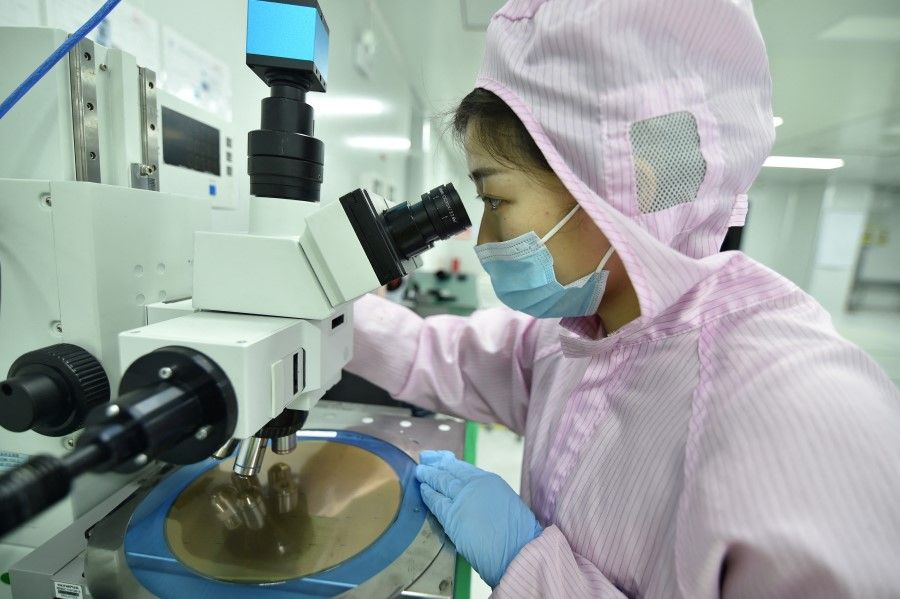
Of course, the Chinese leadership is also very conscious of national security issues, and President Xi Jinping's report to the 20th Party Congress mentioned "national security" 31 times. With the adoption of a National Security Law on 1 July 2015, the Chinese state formally confirmed its powerful role in safeguarding "the security important sectors, crucial areas, focus industries, major infrastructure and major construction programmes as well as other economic interests that affect the lifelines of the national economy" (Article 19).
It is interesting that precisely the adoption of national security legislation in China has been cited as a crucial reason for banning the access of Chinese firms, such as telecommunications companies Huawei and ZTE, to the US market.
Industrial policies that follow China's footsteps
In addition to restrictions on both imports from and exports to China in specific sectors and product categories, the US government has started to implement industrial policies, such as the CHIPS and Science Act in 2022. This is an industrial policy that is designed specifically to provide government support and funding for US semiconductor industries and their supply chains.
American observers and politicians have long been fierce opponents of industrial policies - conveniently ignoring the role that the Pentagon's Defense Advanced Research Projects Agency (DARPA) had post-WWII, in massive purchases of semiconductors that spurred the growth of US industries.
The criticism levelled at Chinese industrial policies, such as the Made in China 2025 plan, has emphasised that the Chinese state's subsidies for local production and indigenous innovation are distorting global markets by prioritising political considerations over economic incentives.
Now the US CHIPS and Science Act, as well as the Inflation Reduction Act in 2022, have presented aggressive industrial policy distortions for allied countries in Asia and Europe. For instance, CHIPS presents serious challenges to South Korea's semiconductor producers Samsung and SK Hynix, while European policy makers have protested against the Inflation Reduction Act's subsidies as contrary to fair competition. Both policies are reminiscent of the Chinese techno-nationalist and neo-mercantilist attitudes that have been criticised so strongly by Western governments and industries.
Now the US is following in the footsteps of Chinese policies, with Jake Sullivan outlining concrete trade restriction measures designed to inhibit China's ability to develop advanced technologies and market them globally.
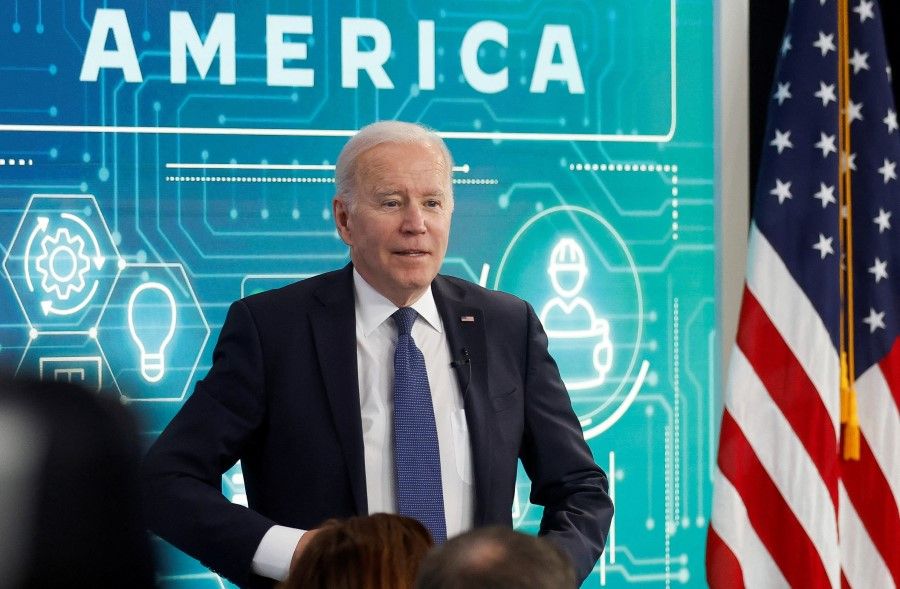
In the past, the US government has thus complained extensively about Chinese non-market policies and practices that undermine China's compliance with the terms of its WTO membership. Over several decades the United States Trade Representative has identified "policies and practices pursued by China that harm and disadvantage U.S. companies and workers". Although the US representative has noted some progress in opening the Chinese markets to free trade, significant barriers for US companies still exist.
Now the US is following in the footsteps of Chinese policies, with Jake Sullivan outlining concrete trade restriction measures designed to inhibit China's ability to develop advanced technologies and market them globally. These include, in particular, exports of advanced technology to Chinese firms governed by the Entity List or the Unverified List prepared by the US Department of Commerce Bureau of Industry and Security (BIS), containing the names of specific foreign persons (including businesses, research institutions, government organizations, and other legal entities) that are subject to US government licensing and sanctions requirements.
Moreover, new regulations announced in October 2022 restrict exports to China of advanced integrated circuits (ICs), computers and components containing advanced ICs, semiconductor manufacturing equipment, and related software and technology that rely on US technology. In addition, the October 2022 regulations prohibit "US-persons" (including Chinese Americans with a Green Card) from engaging in the development or production of chips or software in China.
The new "foreign direct product" rules also unilaterally restrict non-US activities that could support China's semiconductor and supercomputing manufacturing capabilities. This in effect introduces a policy of extraterritorial control banning shipments of advanced extreme ultraviolet lithography (EUV) machines by manufacturers such as the Dutch company ASML. However, both the ASML chief executive and the Dutch prime minister have been reluctant to simply follow US dictates.
[US trade restrictions are] pushing the Chinese leadership further into pursuing industrial policies that are lavishing Chinese semiconductor hopefuls with subsidies and venture capital infusions...
Ironies of confrontation
It is likely that the US technology export sanctions in operation today for Chinese semiconductor manufacture, supercomputers, and artificial intelligence will seriously challenge these sectors in the short run - as they have been intended to do. But Chinese manufacturers of less advanced semiconductor chips, such as the Semiconductor Manufacturing International Corporation (SMIC), will continue to supply the Chinese market with chips and possibly advance on its own to more advanced levels. The market for less advanced ultraviolet lithography machines in China is also increasingly supplied by Shanghai Micro Electronics Equipment (Group) Co., Ltd. (SMEE), for instance for Foxconn's new facility in Qingdao.
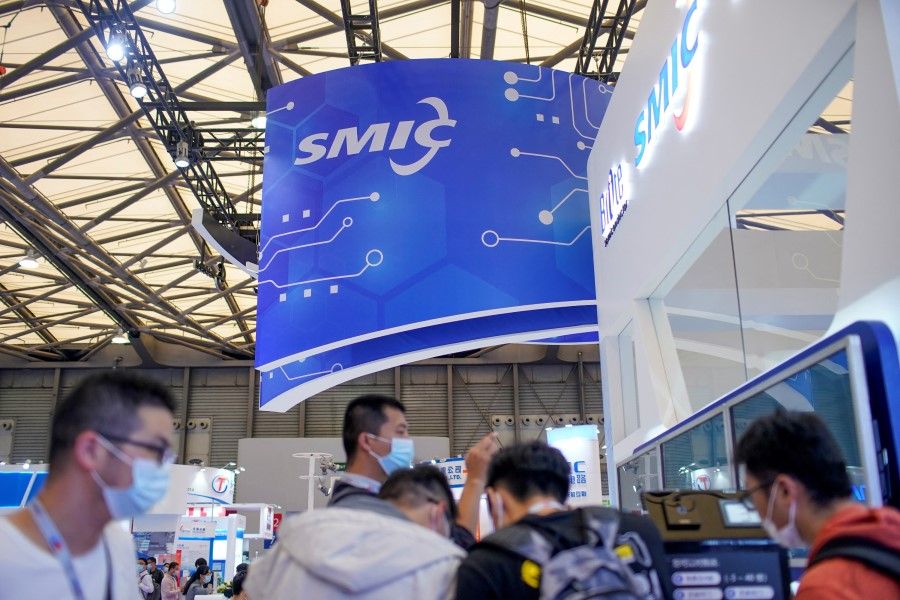
Thus, one of the ironies of the US-China Tech War is that the trade restrictions for Chinese imports of advanced technology, pompously announced by Jake Sullivan to curry favor with Washington DC's China-sceptic community, is in effect pushing the Chinese leadership further into pursuing industrial policies that are lavishing Chinese semiconductor hopefuls with subsidies and venture capital infusions via its industrial guidance funds and a host of other benefits.
Another major irony of the US-China tech war is that the US administration and Congress are underwriting industrial policies of vast proportions, seemingly mimicking Chinese policies that, by the assessment of an eminent group of US experts assembled by the Asia Society, have been doomed to failure. Whether or not the new-fangled US industrial policies will fare better is doubtful.
...would all of us be even better served by joint US-China efforts to support responsible innovation in digital technologies for better social and economic development, and innovation in clean technologies to solve our climate change crisis?
Ultimately, whether or not the US technology sanctions imposed globally will actually be effective in stopping China's technological progress remains subject to the judgement of future historians, but the past does not encourage much enthusiasm, as a study of the likely fate of US export restrictions in artificial intelligence, considered in the light of past US efforts to inhibit the development of Chinese space technologies, demonstrate.
The final irony of the aggressive confrontation between the US and China over technological innovation is that the global community may benefit from each nation's intensified industrial policy support for advanced technology. But do we really need all this "tech war" rhetoric and mutual destruction efforts that are currently associated with such policies? Or would all of us be even better served by joint US-China efforts to support responsible innovation in digital technologies for better social and economic development, and innovation in clean technologies to solve our climate change crisis?
